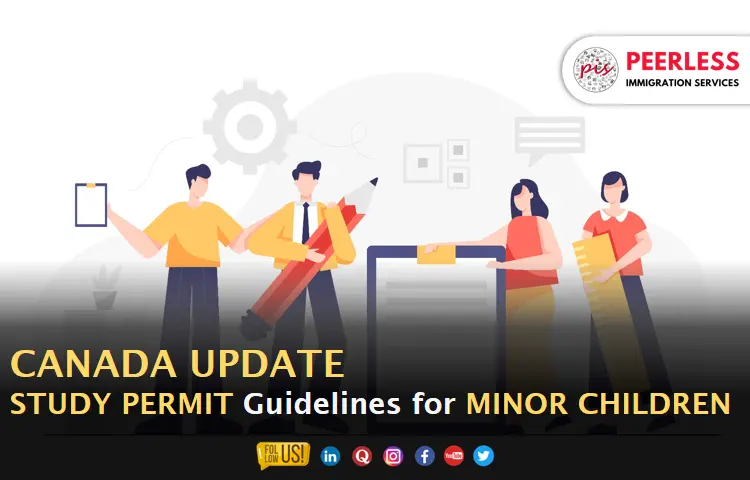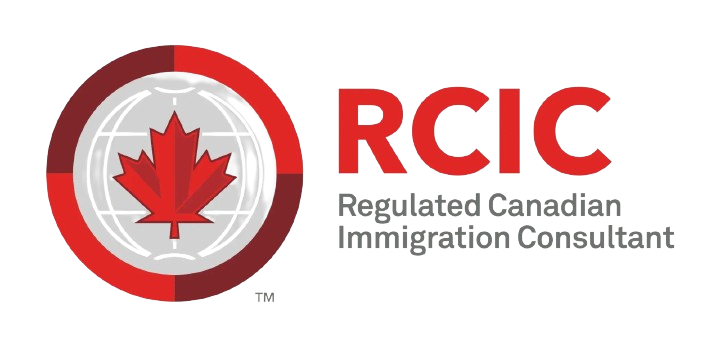
Understanding the Regulations for Minor Children’s Study Permits
In Canada, regulations regarding study permits for minor children are of paramount importance. Here, this article provides insight into the qualifications and requirements for such permits:
Who is considered a Minor?
In Canada, the age of majority varies by province or territory. Individuals below the age of majority upon their arrival in Canada are considered minor children. This age is 18 in Alberta, Manitoba, Ontario, Prince Edward Island, Quebec, and Saskatchewan, while it’s 19 in other regions.
Is a Study Permit Required?
- Minor children already in Canada can study at the pre-school, primary, or secondary level without a study permit if:
- They are accompanying parents claiming refugee status or are claimants themselves.
- One of their parents (biological or adoptive) is a Canadian citizen or permanent resident.
- One of their parents (biological or adoptive) is authorized to work or study in Canada.
- Neither parent is physically in Canada.
- Minor children intending to study need to apply for a study permit before entering Canada. Note that those accompanying a temporary resident (visitor) who cannot work or study require a study permit.
Scenarios
- Applying from Overseas: Study permit exemptions under subsection 30(2) of the Immigration and Refugee Protection Act (IRPA) apply when minor children are already in Canada. Visa offices processing applications from minor children overseas should consider them as students.
- Applying at a Port of Entry (POE): Minor children coming to Canada to study should have applied and obtained a letter of introduction at a visa office or be entitled to apply for a study permit upon entry.
- Applying Inland: Those studying in Canada without a study permit can apply for one within Canada. They must prove academic status and their parent’s status in Canada.
- When custodianship is required, arrangements for the child’s care, health coverage, and proof of funds should be in place.
- Mandatory Custodianship (Under 17): Applicants under 17 must submit notarized declarations signed by parents and custodians, confirming arrangements for the custodian to act in place of a parent.
- Discretionary Custodianship (17 to 18 or 19): Applicants in this age group are assessed case by case, considering factors like level of study, independence, financial capacity, travel experience, accessibility of parents or guardians, informal arrangements, and risk environment.
These guidelines ensure the welfare of minor children studying in Canada and compliance with immigration regulations.
Feel free to reach out to us for answers to your questions. You can contact our expert at +91-8595010514 or send an email to info@peerlessimmigration.com















